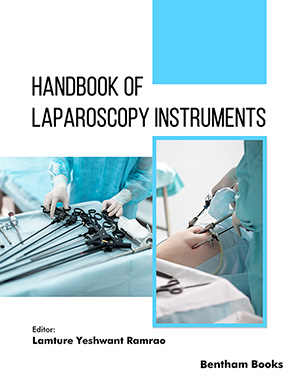Abstract
According to the American Heart Association (AHA), primitive dilated cardiomyopathy (PDCM) is a “progressive dilation of the left or both ventricles and a depressed contractility in the absence of abnormal load conditions”. It evolves in progressive heart-failure. The term “cardiogenic dementia" expresses the intimate connection between heart diseases and cognitive functions. The association between PDCM and the neuropsychological functions is unclear: the main pathophysiological hypotheses are cerebral hypoperfusion and cardiogenic emboli. The aim of this study is to evaluate the impact that the PDCM has on neuropsychological decline and to detect early echocardiographic markers of cognitive impairment. We enrolled 235 patients: 168 suffering from PDCM as sample group and 67 suffering from hypertensive dilated cardiomyopathy (HTCM) as control group. They underwent a cardiology examination and a neuropsychological assessment. A p <0.05 was considered significant. The two groups showed no differences in risk factors, demographic and cardiovascular parameters (except for dimensions of aortic root, left atrium and ventricle which appeared greater in PDCM and left ventricle ejection fraction that appeared lower in PDCM). Among administered neuropsychological tests, only the Stroop Test (which explores executive and attentive functions) appeared significantly lower in PDCM (p = 0.029). Moreover left ventricle end-diastolic diameter was inversely related to the Stroop Test Score (r= -0.32). PDCM doesn’t appear to be at the basis of a generalized cognitive and neuropsychological decline. Only the executive functions seem impaired in PDCM. Left ventricle dilation seems to be associated to attentive and executive functions decline.
Keywords: Primitive dilated cardiomyopathy, hypertensive cardiomyopathy, cognitive impairment, neuropsychology, Stroop Test, cardiogenic dementia.





























